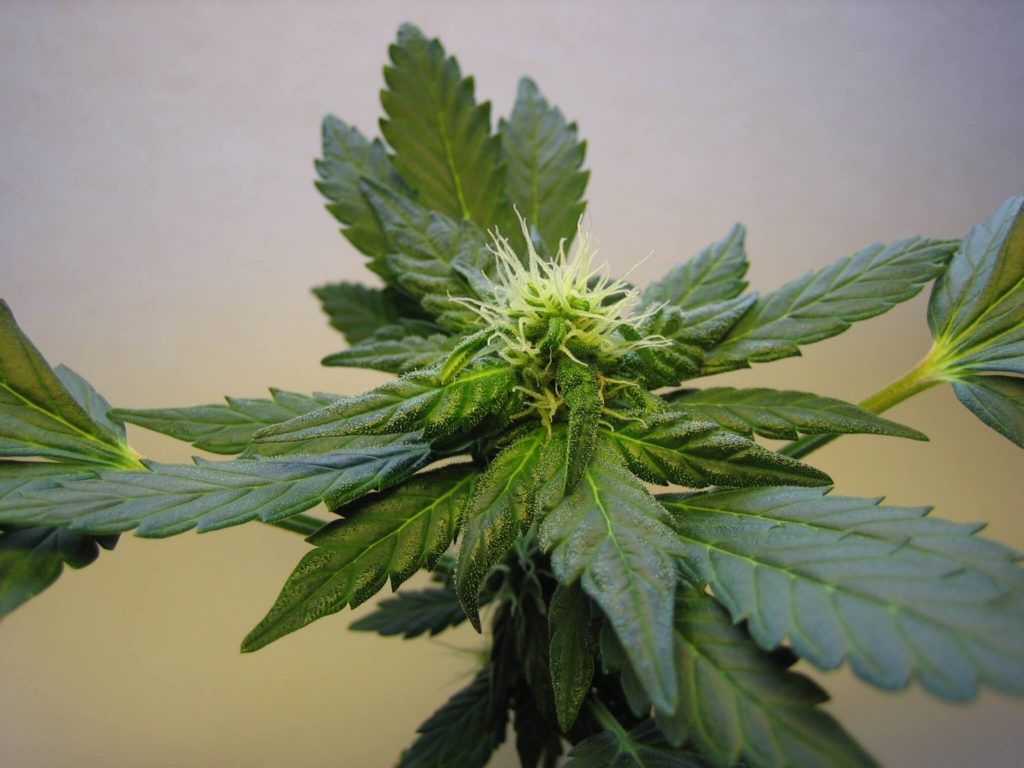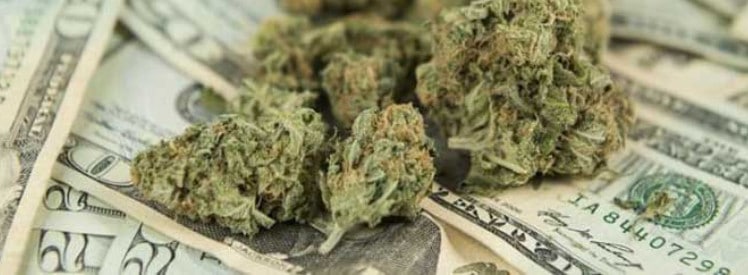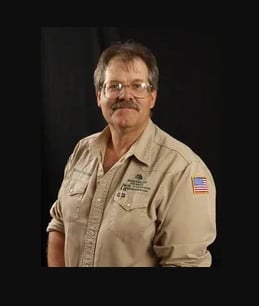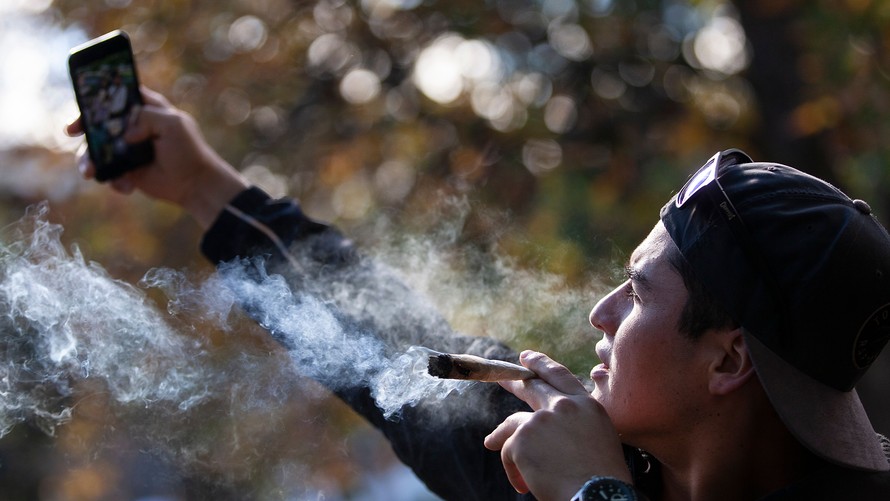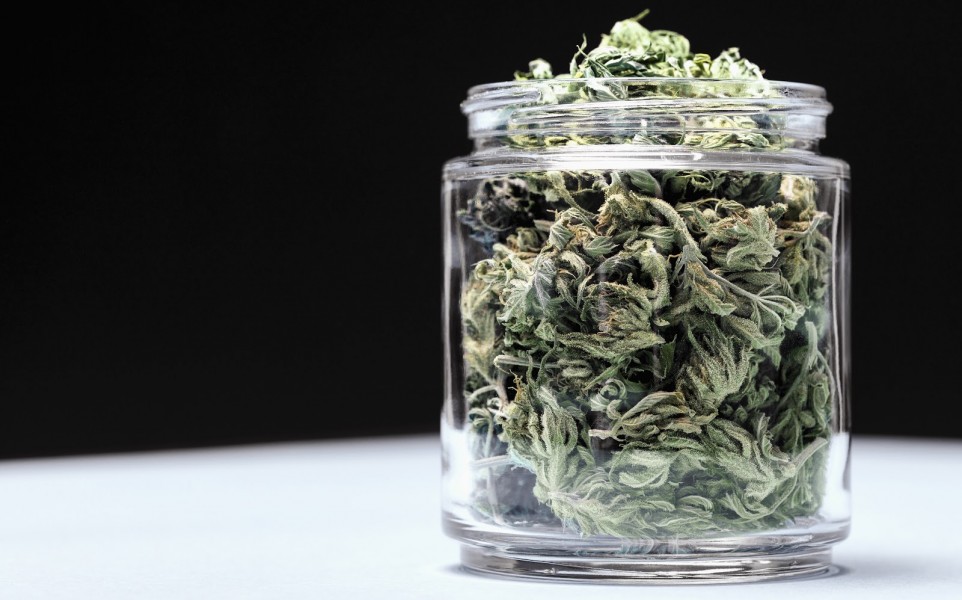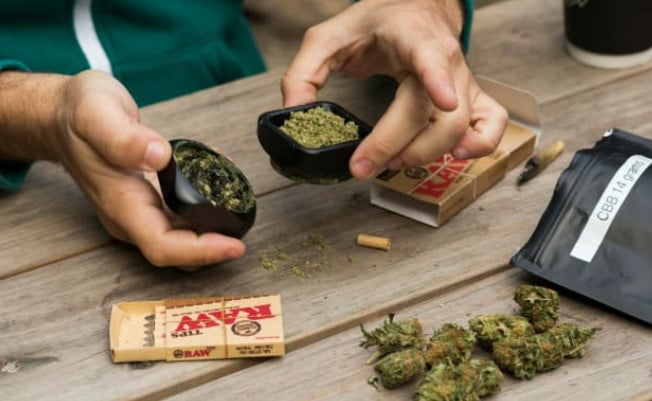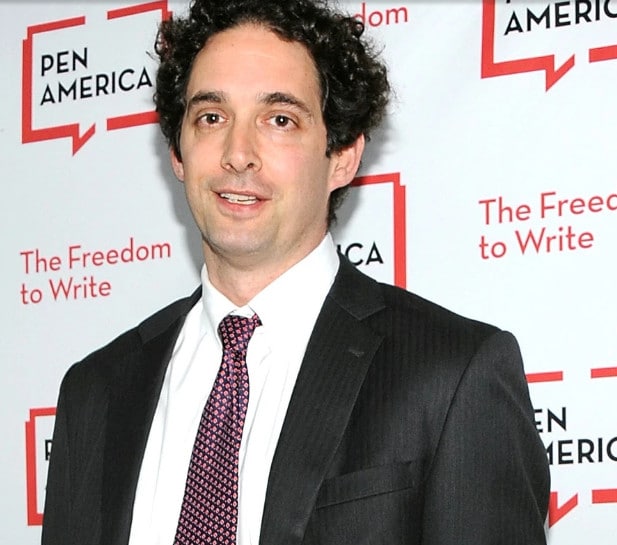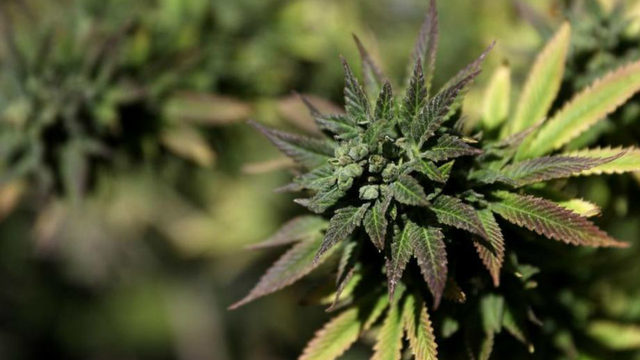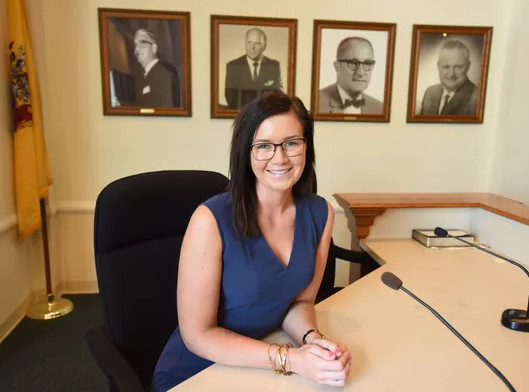PHILADELPHIA — When Eugene DePasquale looks for new ways to tighten state prison spending, he sees one glaring inefficiency.
“One issue kept coming back that made the most sense that could help us make the most progress and solve a huge financial problem for the state,” he said. “That is to regulate and tax marijuana — legalize it.”
Pennsylvania’s auditor general, the state’s top fiscal watchdog, spoke on the final day of the Cannabis Learn Conference and Expo in Philadelphia.
He has been an ardent supporter of decriminalizing cannabis for recreational use, and on Wednesday he shared the stage with state Treasurer Joe Torsella, Philadelphia Mayor Jim Kenney and the city’s first assistant district attorney Bob Listenbee.
Philadelphia was the first major U.S. city to diminish enforcement for possession of up to an ounce of cannabis for personal, recreational use to a civil offense, punishable by fines. And in February, the district attorney’s office followed suit — promising to withdraw charges for anyone arrested on simple possession charges. Anyone selling it still faces prosecution.
Kenney was a city councilman when Philadelphia stripped criminal implications from possession in 2014. Back then, some in the court system resisted the proposal.
But decriminalization advocates in the city saw enforcement trends that disproportionately targeted black people, with people of color making up more than 80 percent of arrests, Kenney said.
“If you wanted to make a lot of marijuana possession arrests, then you should go to an Eagles tailgate at about 11 o’clock in the morning at Lincoln Financial, and you can arrest all the white suburbanites and New Jersey people that you want,” Kenney recalled telling detractors.
Beyond rampant racial disparity, every arrest took officers away from their posts to process and jail the recreational users.
DePasquale says if the state designs its adult recreational cannabis program after Colorado, the taxes could cough up a minimum of $300 million in additional state revenue annually.
“That’s a lot of money that can be … put into basic education and drug rehabilitation programs,” he said.
Philadelphia is saving millions each year by not having to arrest, jail and prosecute possession cases, he said.
States have been slower to craft adult-use programs for recreational cannabis than for medical use, but DePasquale and Kenney both noted that New Jersey is likely the next in line and New York could be close behind.
DePasquale would rather not see Pennsylvania show up last.
“The longer it takes, the less benefit we’re going to get, not just from the business, because I think that will work its way out,” he said. “But also the tourism dollars.”
Credit: citizensvoice.com


